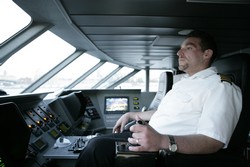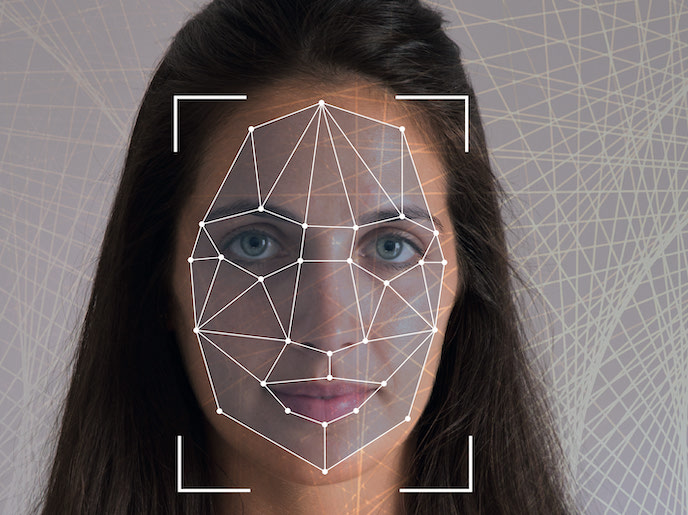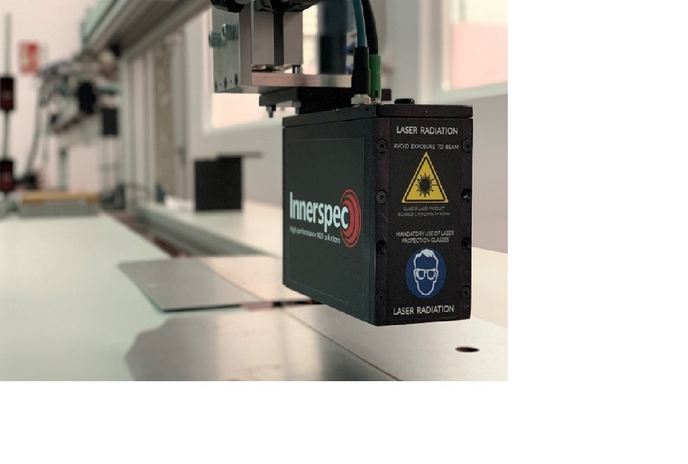Attention, tired crew on board
Human error aboard ships has been implicated in anywhere between 60 and 90 % of accidents, particularly collisions and groundings. This has prompted the EU to investigate human factors related to workloads and working conditions that contribute to shipping accidents. The EU-funded HORIZON (Research into effects on cognitive performance of maritime watch-keepers under different watch patterns, workloads & conditions, with reality usage of ships bridge, engine & cargo control simulators) project represented one important initiative in this direction. Working with academic institutions and the shipping industry, the project team focused on the performance of watch-keepers by conducting extensive simulator experiments to examine the officers’ cognitive performance and decision-making. HORIZON conducted tests on 90 experienced volunteers in shipboard operations on the bridge, and in the engine room, using deck, engine and cargo simulators. The team obtained a wealth of information on staff movements, mental activity, sleep indicators, alertness, fatigue and stress. It also examined ship logs and recorded the candidates’ work on video to glean key information such as signs of sleepiness and fatigue. The information was then processed and analysed, and outcomes were fed into the project’s fatigue management toolkit. The toolkit contains useful material for relevant stakeholders, including ship operators, seafarers, maritime services providers and educators. Moreover, the project team released a prototype fatigue prediction software that was made available to the public. Stakeholders have shown significant interest in the project and its conclusions, while simulation experiments conducted provide invaluable support to future research or studies on the topic. Project outcomes also include recommendations for industry, governmental regulators and international legislators. HORIZON results will help in defining local and global shipping regulations and standards, thus enhancing maritime safety, environment and the economy. The safety of passengers, crew and people on board will be improved, and lives will be saved if these recommendations are adopted. This study is the first of its kind and will undoubtedly revolutionise maritime safety.







